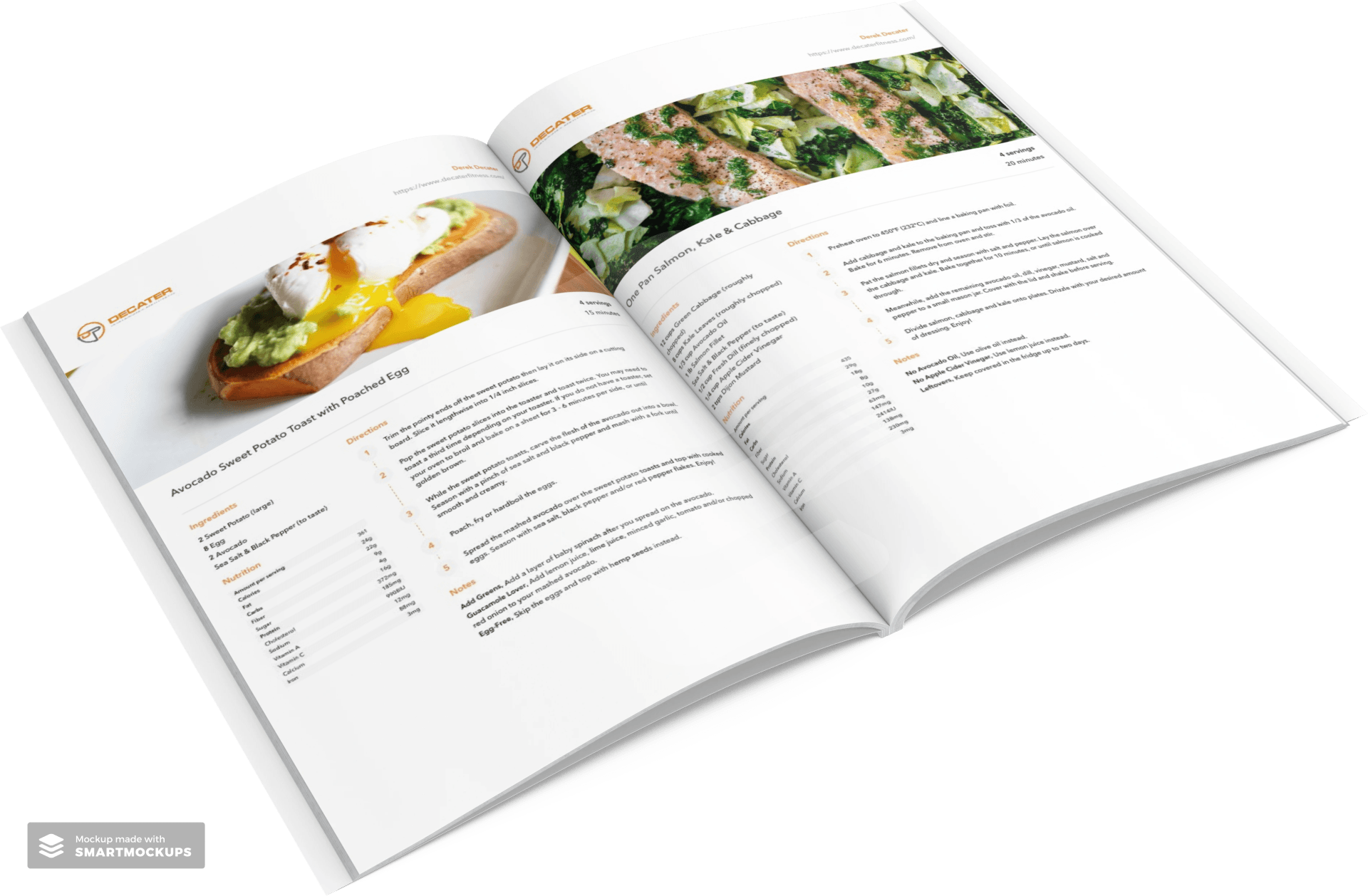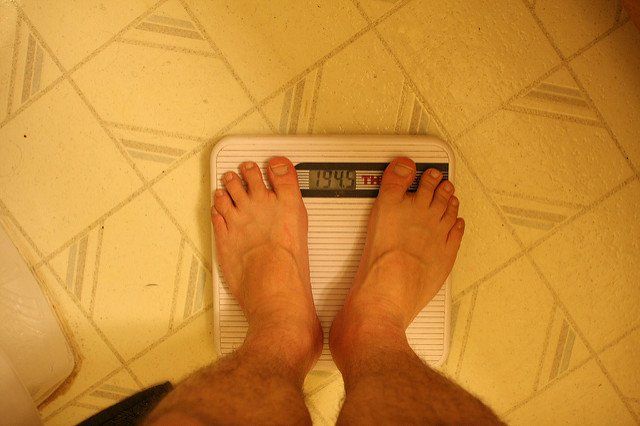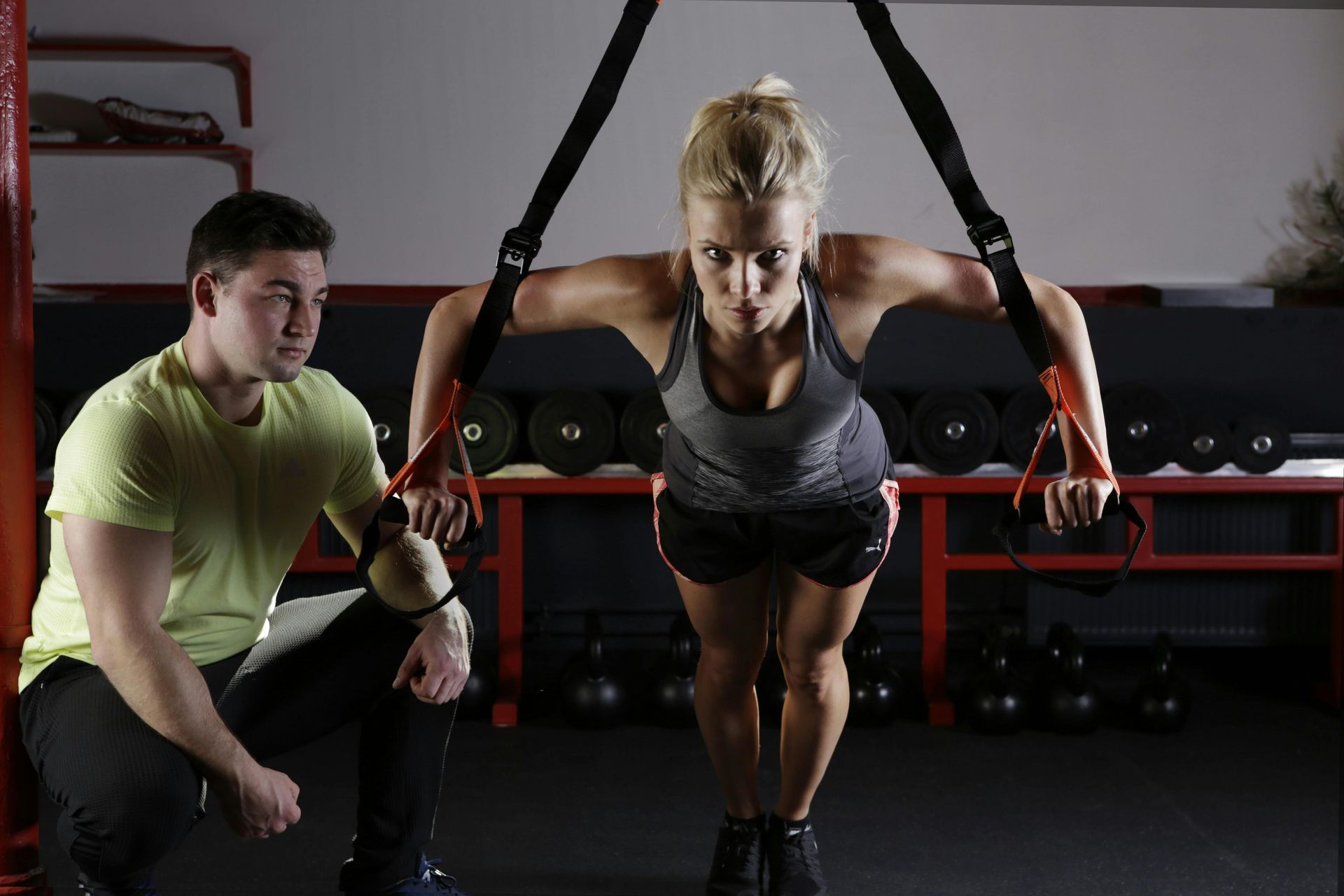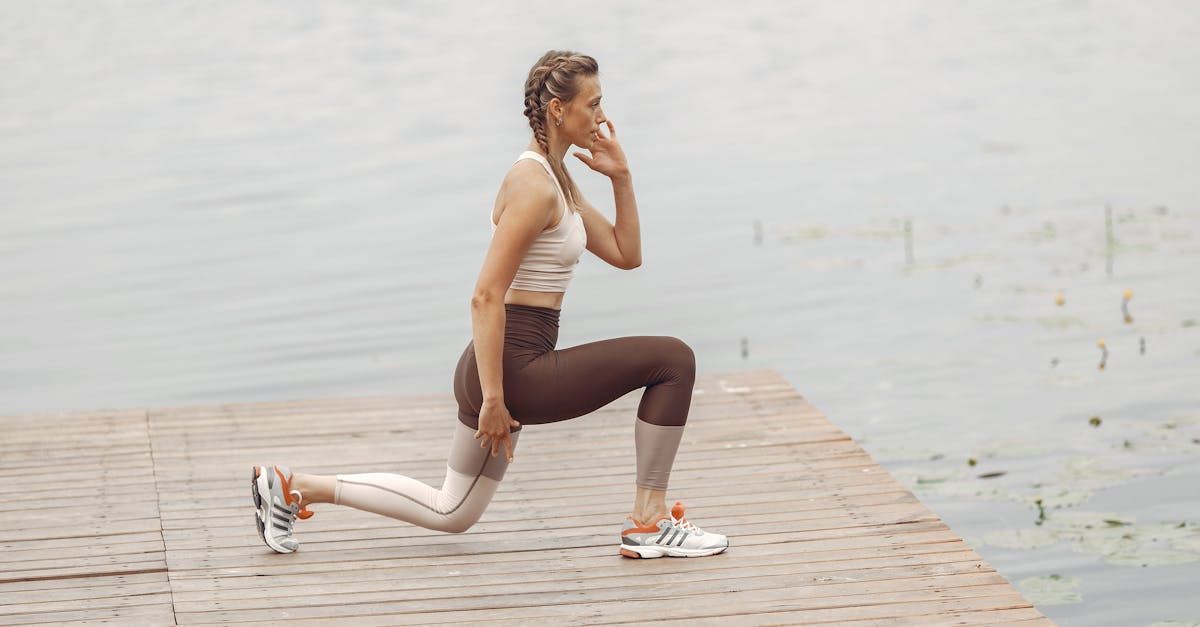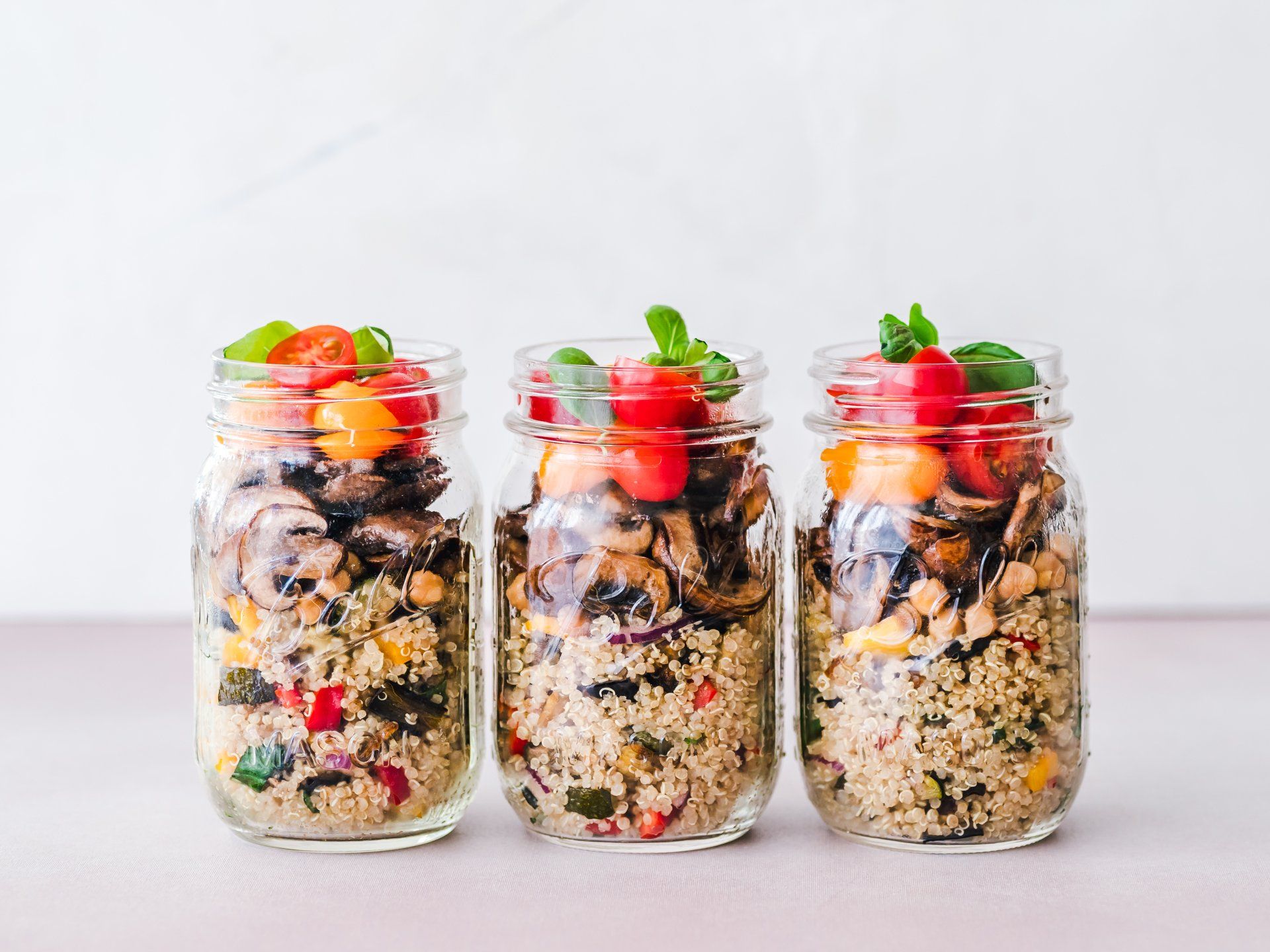Reverse Diets - What are they? Why would you do it? Should you do it?
When low calorie diets stop working...
There’s a new trend in the fitness world. Reverse dieting.
So what is it and should you be doing it?
To understand what a reverse diet is we first need to take a minute to think about why we would do it and who it’s for.
Instead of getting into the science and physiology let me tell you a story…
Let’s say you have a great job; a nice house and things are looking good for you.
You pay your bills and you put money into savings each pay check.
One day you walk into work to find out you’ve been let go.
In that moment it’s a devastating blow.
But after you let off some steam you think to yourself...
"You know what. I’ve been saving up for a while. I’ll be OK. It'll only be temporary and then I'll get back on my feet"
For the next couple months your life pretty much goes on like it did before except you aren’t headed to work anymore. Instead you're job searching from the couch.
You’re not worried. You're smart and talented at what you do. Eventually someone will start hiring and when they do you will be the right person for the job.
This goes on for a while.
Interviews, applications, more interviews but nothing is happening.
You realize you’ve got to cut back.
- You stop shopping online.
- You stop going out to eat.
- You stop spending on those little “extra’s” you had become accustomed to.
All while thinking this will pass.
But it doesn’t.
You start missing bills.
It’s getting bad.
You start paying attention to when you leave the lights on…. Because that electric bill is too high.
You find yourself wearing warmer clothes in the house because you are trying to save on the heating bill.
You’re officially struggling….and yes… its real.
So how does this apply to a reverse diet?
How does this apply to chronic under-eating?
Try to think of your body as this balance between income and expenses. When things are running well there in balance. Everyone is happy, and life is peachy.
BUT…
What happens when you cut calories?
Well initially you’ll probably lose weight.
Because like when you had a good job you’ve got some reserves in the savings account.
Everything is still running just fine but its running on less. And in the body composition world that means some weight loss.
I’m sure you’ve seen this with yourself or your friends. A diet works….Then it stops.
But Why?
Well month after month you’re under your daily needs.
You are “in debt” nutritionally speaking.
And just like when you couldn’t find a job you eventually have to start shutting things down if it gets too bad.
- But instead of turning the heat off - Your body slows it metabolism to conserve energy.
- Instead of turning off the lights - Your body down regulates hormones
- Instead of not eating out - Your body physically slows you down. You move less so you don’t burn calories that are so badly needed.
Your body is officially in the “Oh shit” mode.
And it’s doing exactly what it should… its cutting expenses and trying to save wherever it can.
And here’s the problem I see most.
If you are trying to lose weight what do you do?
You cut more calories
Bad idea if your body is already slowing things down.
Just like if you lost your job the solution isn’t to keep spending. That won’t fix anything.
The solution is to start making some money! Or for us…start eating enough calories to allow your body to turn the lights back on.
It’s one of the hardest and most frustrating situations you can be in.
It’s so easy to tell yourself that because you aren’t losing weight that you need to cut more calories and move more.
But it’s just putting you further and further into debt. And your body isn’t having any more of it.
OK great. So what should you do?
Here’s how you get out of debt and get back to losing weight when everything has stalled.
First – it all comes down to calories. Calories are king no matter what you’ve heard on the internet. Track for a few days and see how many calories you typically take in. I suggest doing at minimum 7 days, so you get a full weeks’ worth of data.
(don’t fall into the trap of only tracking your good days. A bad weekend can skyrocket your average weekly intake numbers)
Second – figure out what your body needs to survive. This is your BMR or your resting metabolic rate. Think of it this way…. This is the amount of money you would need to live the life you want.
Here’s a quick calculator - https://www.precisionnutrition.com/weight-loss-calculator
Third – take a look at the difference between your income and your expenses. If its big. Like way over 500 calories. Or if it’s been going on for a long time then it might be time for a reverse diet.
Lastly – How to reverse.
DO NOT make big jumps in calories. In our analogy above this would be great. Just throw a bunch of money into the savings account, get a new job and things would be rolling again. But in your body those big jumps in calories will just cause you to gain weight and fat.
Think of it this way --- You’ve dumped all these calories into a body that still has the lights and heat off. That’s a recipe for disaster and some serious frustration.
Instead make small, planned increases and track how things are affected.
A 5-10 % increase is a good place to start.
Preferably from quality food sources of course.
Do these every 2 weeks or so.
But how do I know if “my lights and heat are still off” you might be asking.
Start by journaling.
Measuring your biofeedback can be huge here.
- How is your sleep?
- How is your energy level?
- Mental focus?
- Strength in the gym?
- Performance in your sport?
- Hunger cues?
These are all things we track with our clients. Why?
Because it’s our clue into whether or not our body is starting to turn everything back on!
Once it is… you’re in a safe place to “actively” start dieting again.
Now the furnace is running, and we can make some progress!
But this time hopefully you have learned your lesson and stay away from the extreme calorie deficits and/or extreme calorie burning.
You’ve got to check you balance sheet people! For weight loss we want, and we NEED to be in debt BUT not so in debt that our body starts turning out the lights.

